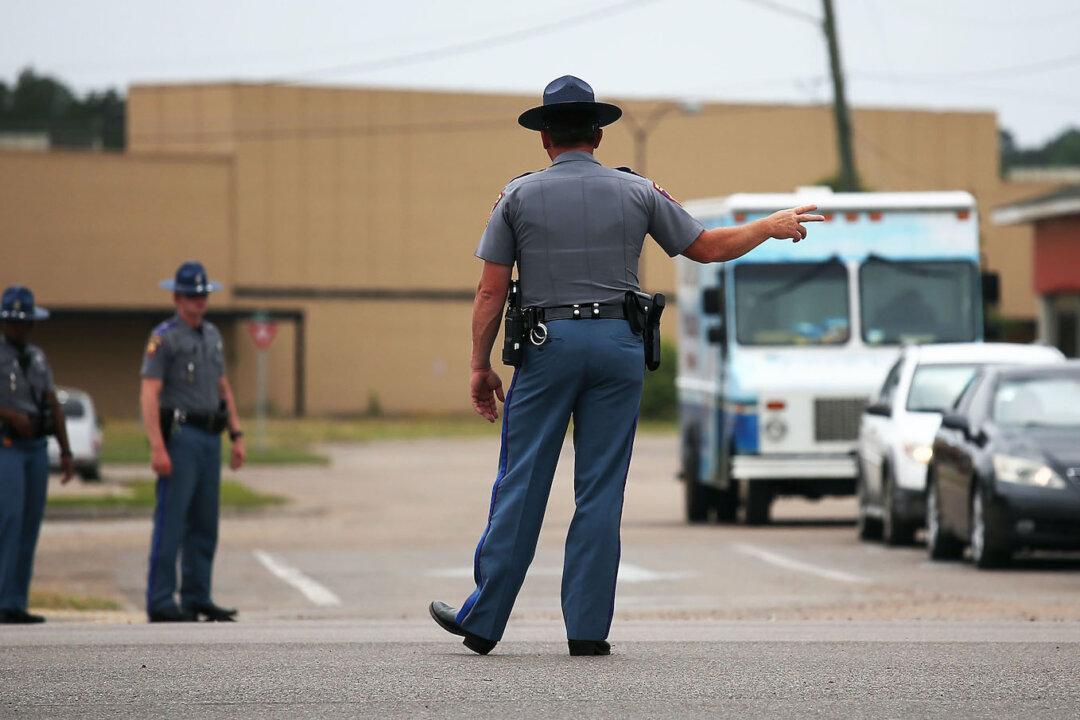Using FBI crime data, a public policy group has assessed that the homicide rate in Mississippi spiked 66 percent from 2017 to 2020, leading to the organization’s call for more police funding.
Empower Mississippi (EM) has produced a December report (pdf) examining violent crime statistics.





